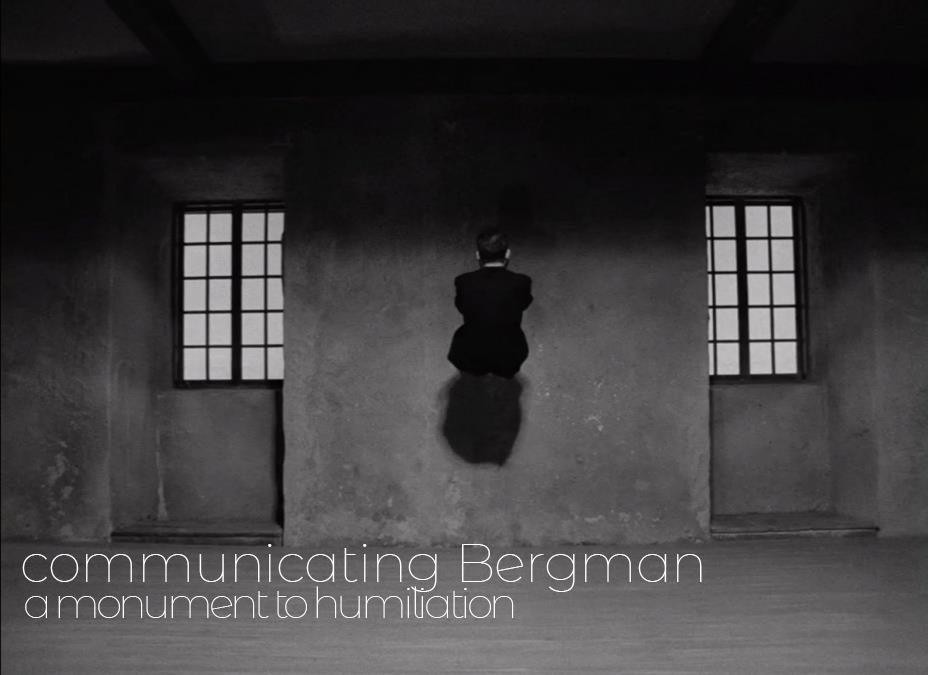In The Hour of the Wolf (1968), Ingmar Bergman (with a debatably poignant cynicism) draws the viewer into the mad mind of artist Johan Borg (Max von Sydow). As with many Bergman films, the plot itself is fairly straightforward: Borg, with his pregnant wife Alma (Liv Ullmann), vacation on a remote Swedish island while he slowly loses his grip on reality.
Read Moremax von sydow
A Medieval Fresco Worked Out in Time
By the mid 1950’s Ingmar Bergman had become fairly well established and respected in the film world. The French Cahiers du Cinema critics were heavily influenced by Summer with Monika (1953) while his Shakespearean-like Smiles of a Summer Night (1955) was hailed at Cannes film festival winning the Jury Prize award. Interestingly, it was the success of the latter that convinced Bergman’s producer, Carl Anders Dymling, to approve the script for The Seventh Seal (1957). For years, he had rejected it as a result of its heavy and potentially alienating subject matter. This would prove to be quite a good business decision for the Svensk Filmindustri producer as the film would go on to receive extremely high praise internationally. French New Wave director and critic Eric Rohmer called it “one of the most beautiful films ever made” while American critic, Andrew Sarris, called it an “Existential masterpiece”.
Read MoreIntroduction to a Series: "Communicating Bergman"
The influence of Ingmar Bergman is pervasive. Though perhaps first praised internationally by many French critics and filmmakers--e.g. Francois Truffaut, Jean-Luc Godard, and Eric Rohmer--his influence soon reach other international giants such as Andrei Tarkovsky, Satyajit Ray, Akira Kurosawa, and Federico Fellini. Additionally, one can find the influence in American filmmakers such as David Lynch, Ridley Scott, Francis Ford Coppola, and perhaps most explicitly Woody Allen.
Read More


